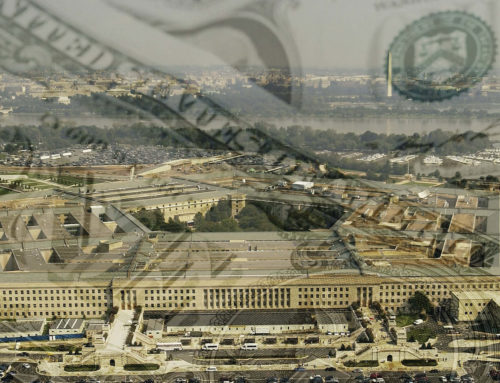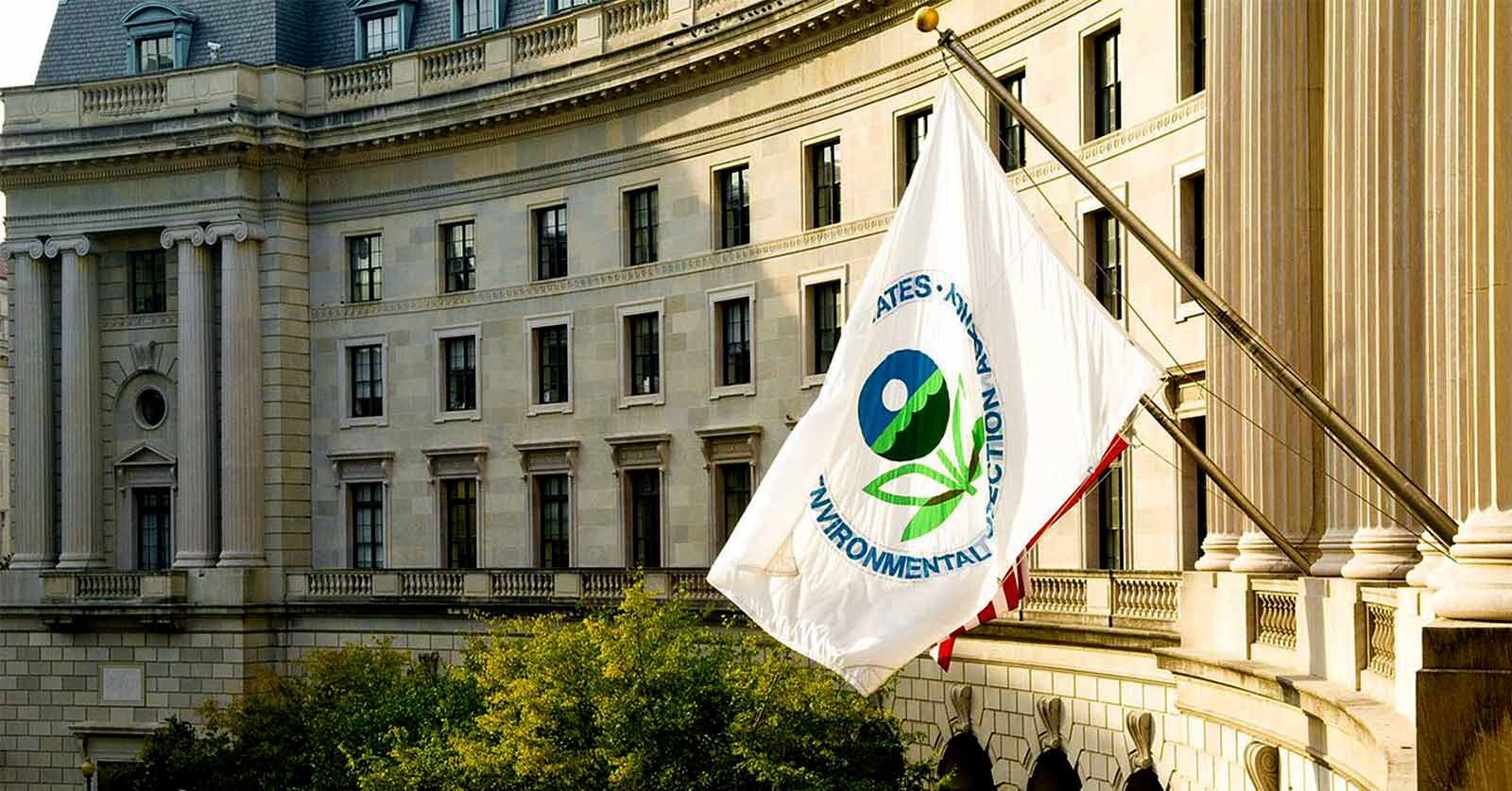That was fast. For a couple weeks we caught a glimpse of a private market response to terrorism insurance. But no more. Wednesday the House renewed the federal government’s expired Terrorism Risk Insurance Program (TRIP). The Senate quickly followed suit and it’s set for the President’s signature. While it’s tempting to applaud swift Congressional action, in this instance inaction would have been best.
TRIP was created in 2002 as a temporary backstop for jittery insurance markets. While private claims resulting from 9/11 were paid, insurers were predictably hesitant to offer further coverage with the prospect of more attacks. While “temporary,” the program was extended in 2005, and again in 2007, with a 2014 expiration. The idea was to provide time for the development of a private insurance and reinsurance marketplace covering terrorist events. After 13 years in a post-9/11 world we saw this marketplace forming as insurance and reinsurance companies indicated their interest. Instead of taking this into account Congress moved quicker than ever thought possible and resuscitated TRIP for six years.
The program’s boosters predicted catastrophic consequences if it were not extended. Business would be crippled by the unknown risk of uninsured terrorism risks, projects would not move forward, events cancelled; in short a complete marketplace disruption. Some even speculated that the Super Bowl might be canceled (the NFL disagreed).
And program boosters were a little bit right. There was a shift in the marketplace. But it wasn’t the predicted shift. After Congress adjourned insurance group XL announced it was offering terrorism insurance to its clients whether or not TRIP was extended. They added to that coverage for nuclear, biological, radiological, or chemical attacks – a new private product. Ironshore also announced standalone terrorism coverage. S&P indicated there is interest and capacity in the private market to offer increased levels of reinsurance for terrorism coverage. Willis Reinsurance indicated that the market was responding. Finally, in the worker’s compensation sector (state requirements for providing this coverage was often cited as a need for an extension) there was evidence that the market was adjusting and insurance was available.
On Tuesday – the day before the House vote – the Congressional Budget Office weighed in on the issue. They pointed out that even without the federal backstop, most insurers would continue to offer terrorism coverage because they would be afraid that not to do so would lose them business from other property and casualty lines. CBO also indicated that “insurers will probably make more use of private reinsurance and perhaps capital-market approaches to reducing risk (such as securities that pay off if a specified insurance loss occurs) as well.” Now that’s a thought: private markets taking on the risk rather than taxpayers. Finally, they warned that the subsidies in TRIP “dampen[s] incentives for insured businesses to mitigate risks—for example, by relocating activities to areas of lower perceived risk or by spending more on safety features—because the expected reduction in losses would not be fully reflected in the premiums those businesses paid.”
We have always had concerns about this program. Any extension should have been far shorter so the program could be adjusted as the industry continues to respond. Or how about charging a premium – insurance companies have been pocketing policyholder premiums for more than a decade without paying Uncle Sam a dime for the free reinsurance coverage.
While clearly a missed opportunity, the legislation did start to increase industry skin in the game. The trigger for federal involvement will gradually increase from $100 to $200 million. While insurance company deductibles will remain the same (20 percent of the previous year’s premium), the copayment above the deductibles will gradually increase from 15 percent to 20 percent. Also, the aggregate industry retention of an event increases to $37.5 billion by 2020 (federal and private payments are capped at $100 billion – in comparison the 9/11 attacks cost $44 billion in insured losses). Uncle Sam would front that cash, but then it would be “recouped” through a post-payment tax on all commercial property and casualty policyholders – even those without terrorism insurance. (For what it’s worth, promises to make companies pay Uncle Sam back after cash is out the door are often forgiven – you can imagine how it would be after a terrorist attack).
The Terrorism Risk Insurance Program is corporate welfare, plain and simple. It pads insurance company’s bottom lines, cheapens insurance rates for companies, and distorts the marketplace. While the 114th Congress proved it could act quickly after the 113th dawdled, in policy sense faster isn’t always better.














Get Social